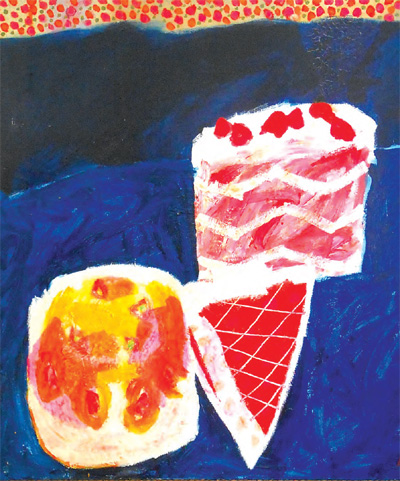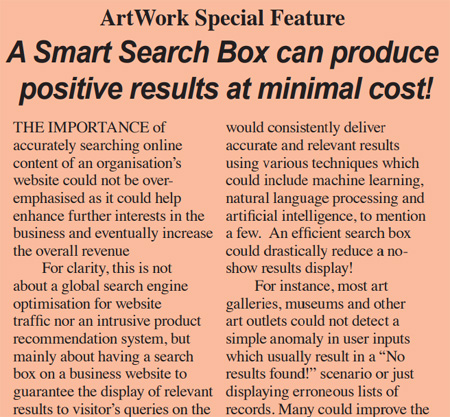The BBC deserves our thanks
IT WAS NOT a particularly edifying scene, but the BBC big game hunters got a couple of scalps relatively easily after the Daily Telegraph was joined by the Daily Mail and Borid Johnson(!) in the chase.
One is bound to wonder, however, if the departure of the Director General and his head of news will satisfy the baying hounds.
The ham fisted doctoring of a Trump speech to give a mistaken impression of outright support for the Capitol rioters was as stupid as it was needless. While the President was smart enough to avoid overt support for the rioters, careful research would easily have shown a total lack of outright condemnation.
In a rapidly changing media landscape, bodies like the BBC – if there actually are any – face an increasingly impossible task maintaining 'impartiality' in the face of competition from a social media environment which has no obligation to attempt this difficult task.
To some extent the growing popularity of the podcast does allow the army of very talented staff the BBC employs some leeway to express a limited spectrum of opinions.
In tairly and accurately reporting the Gaza situation the BBC faces an even more impossible task. The state of Israel employs one of the most sophisticated news management systems of any regime in the world.
In addition, as is well known, it prevents any proper first hand reporting from the besieged territory, allowing only very occasional, rigidly controlled effectively 'propaganda' visits under army supervision.
In the circumstances, BBC journalists have done, and continue to do, a sterling job trying to get to the truth.
Rather than subjecting them to endless politically inspired sniping, we should offer them a big thank you.





